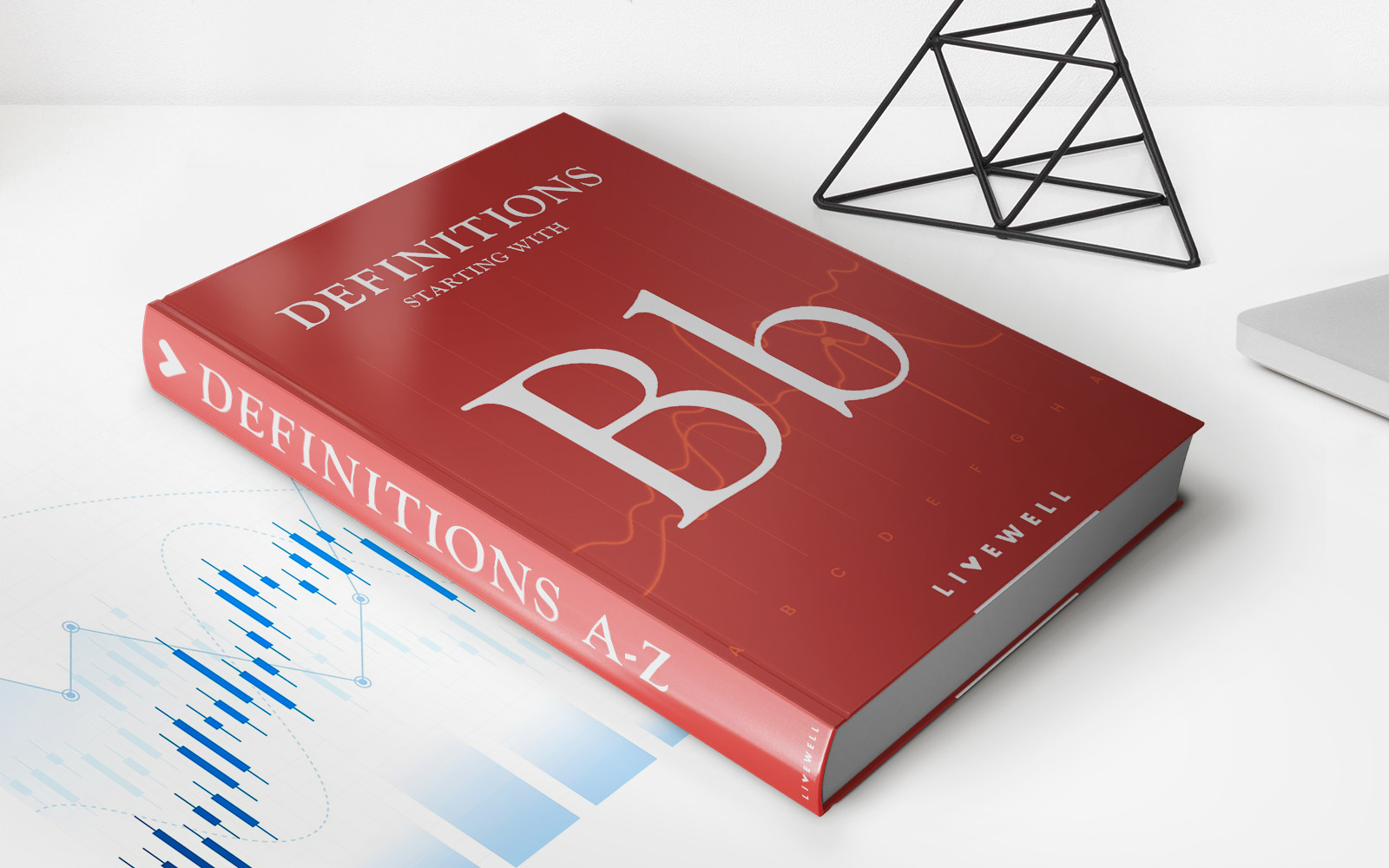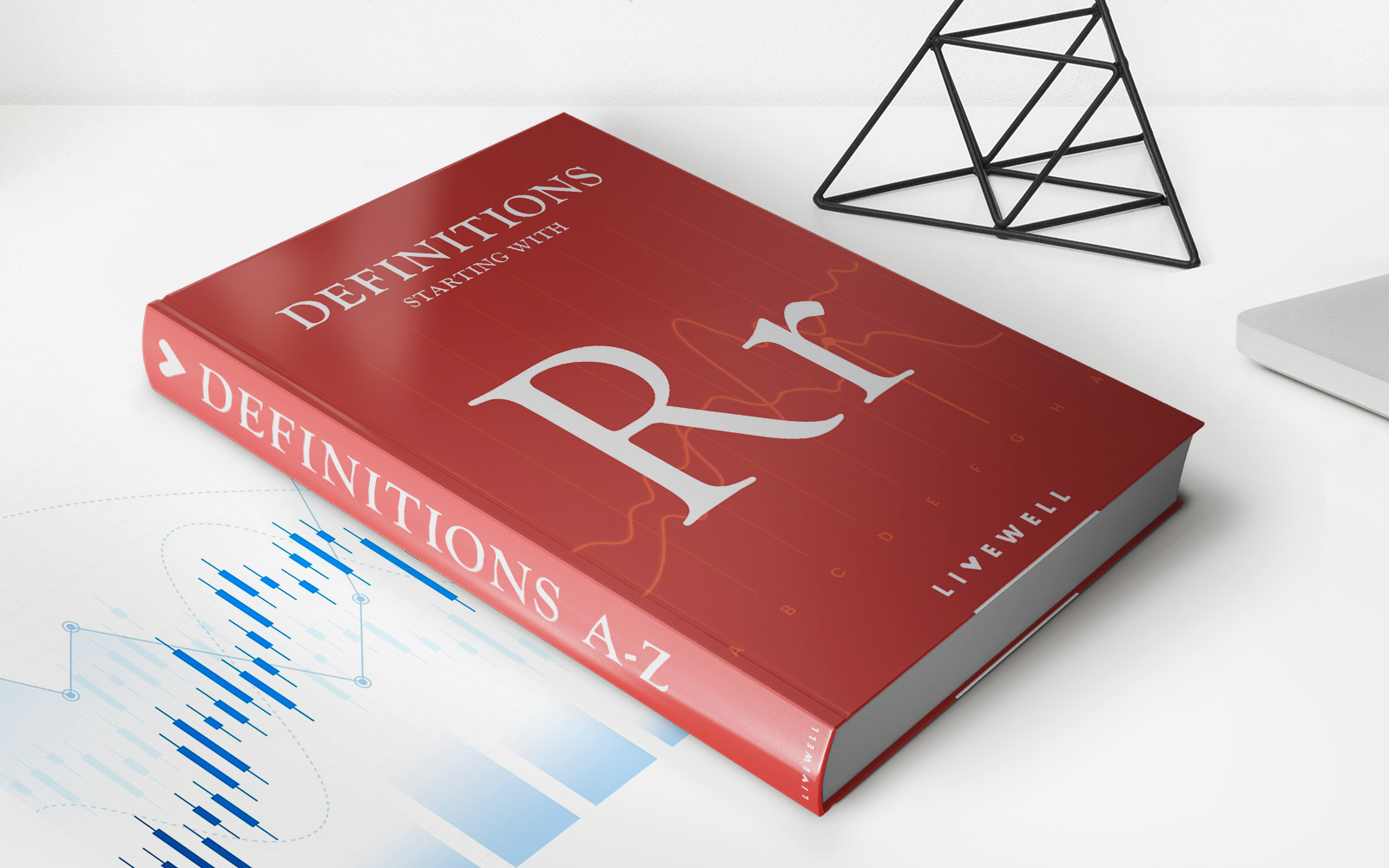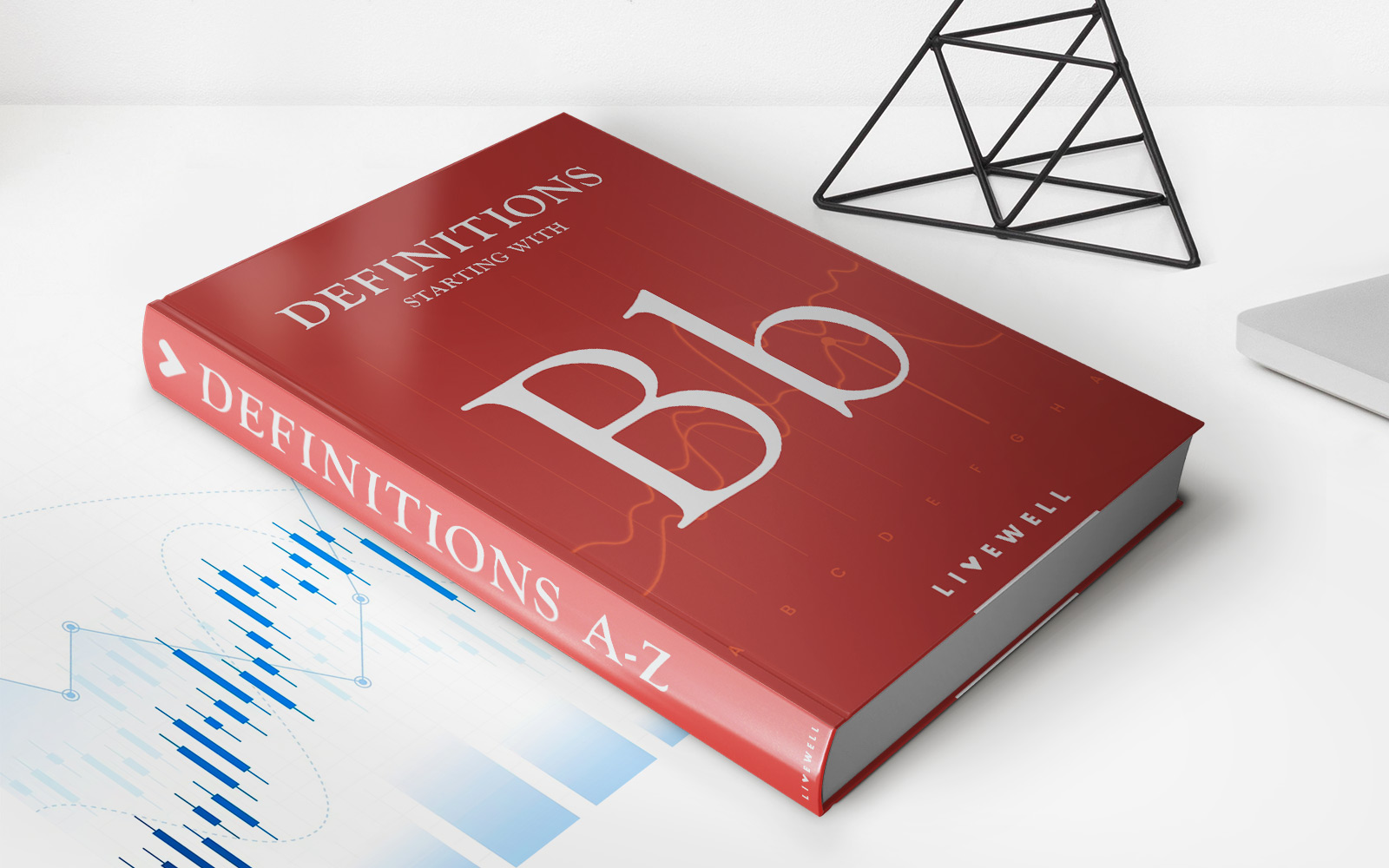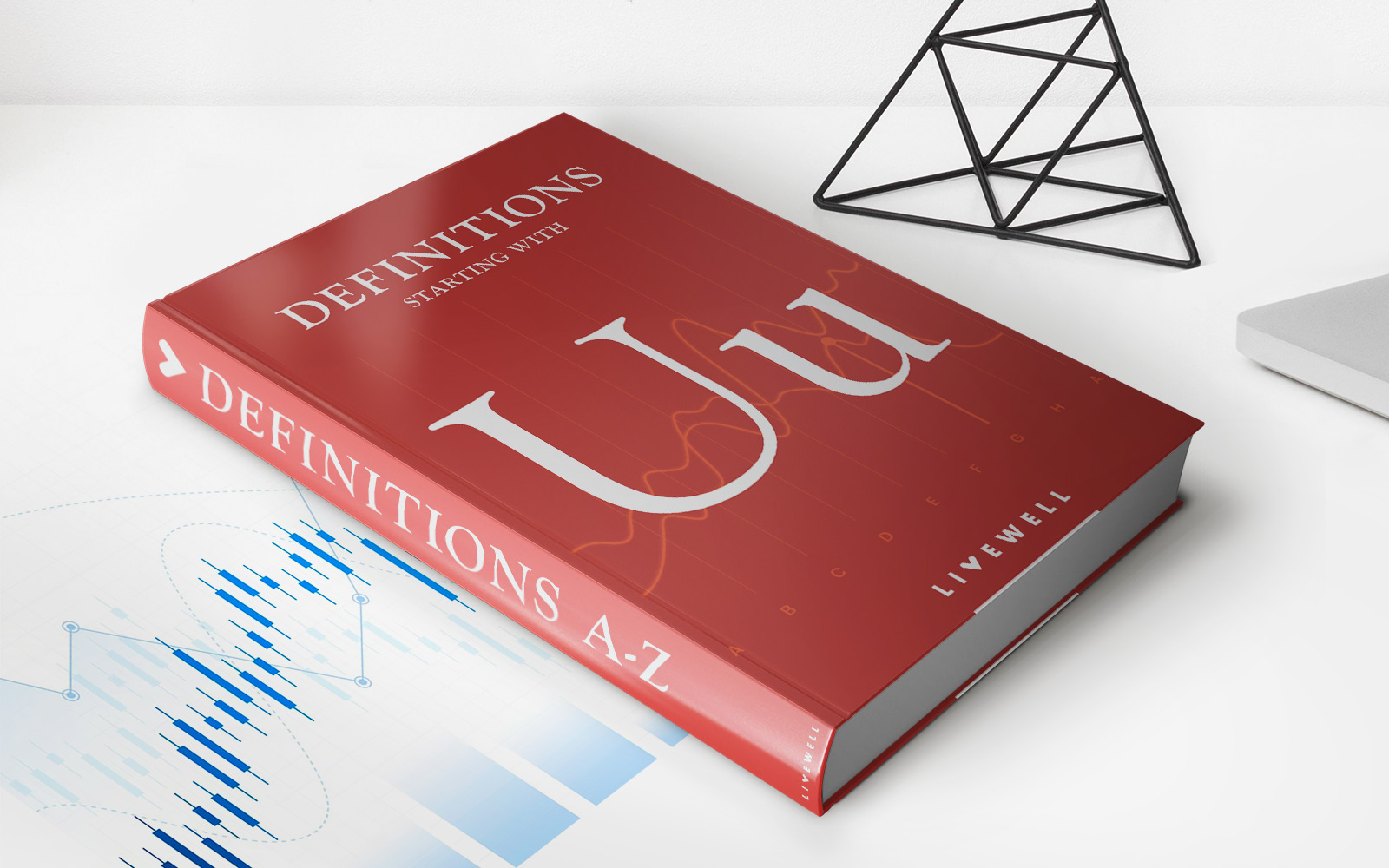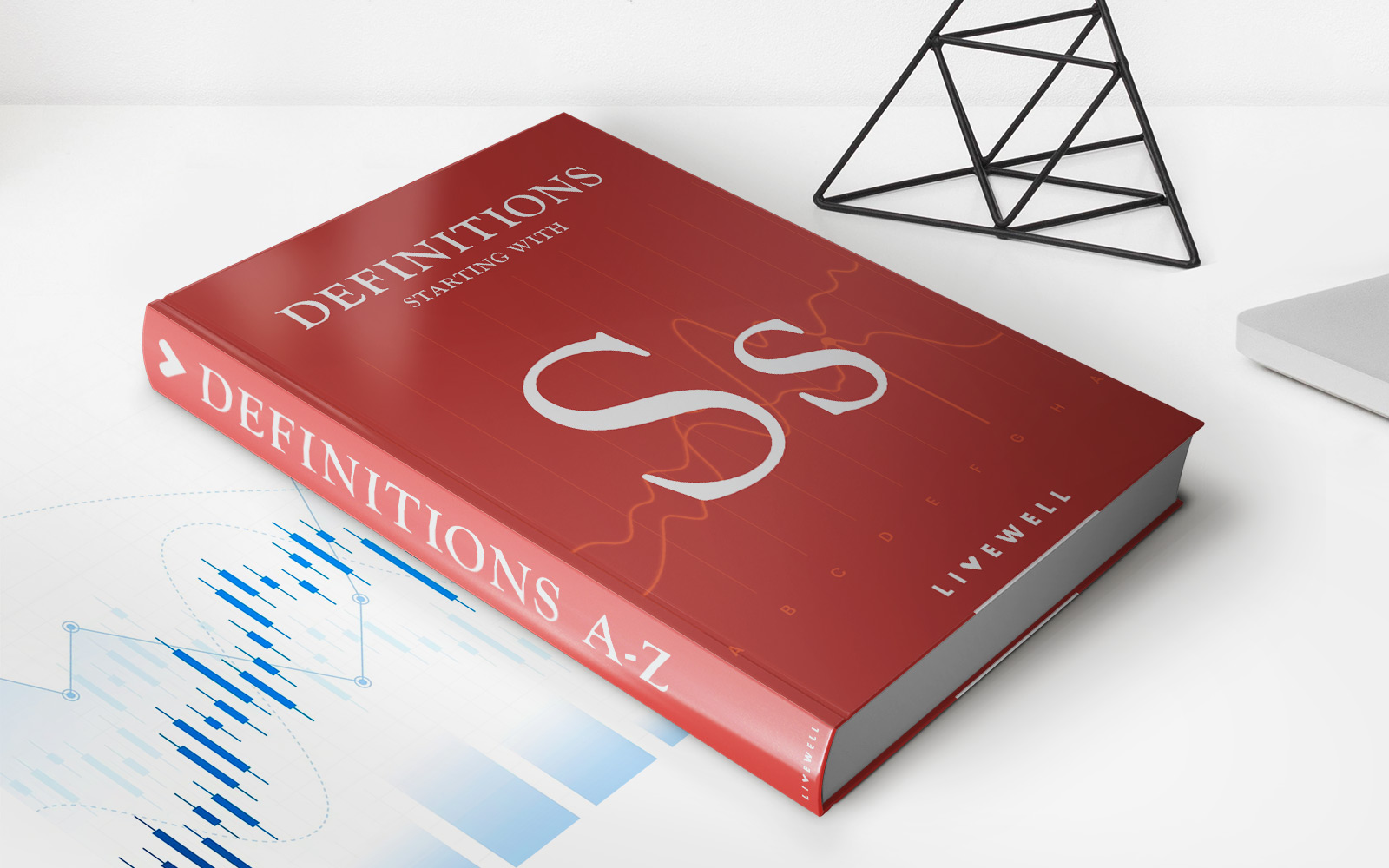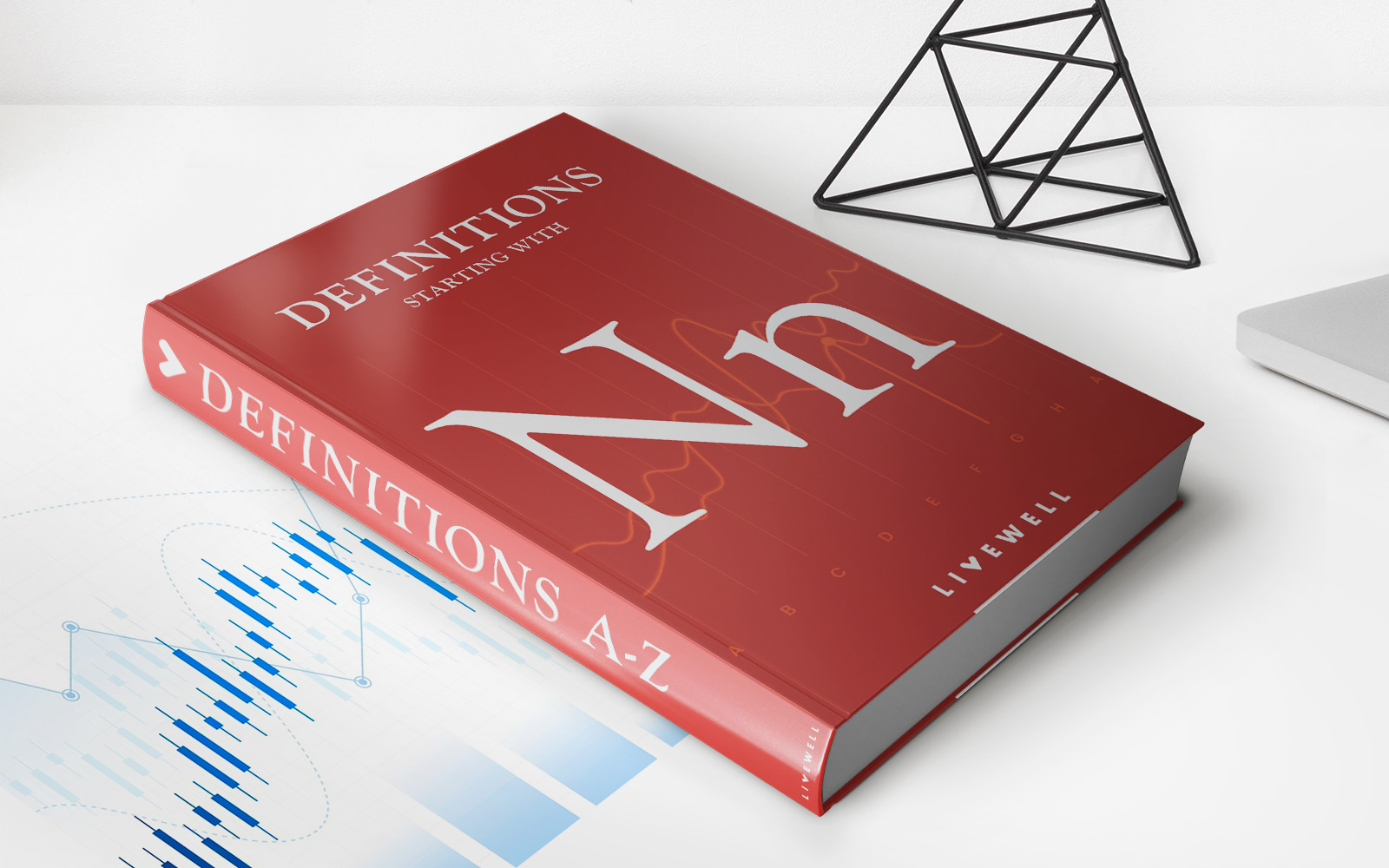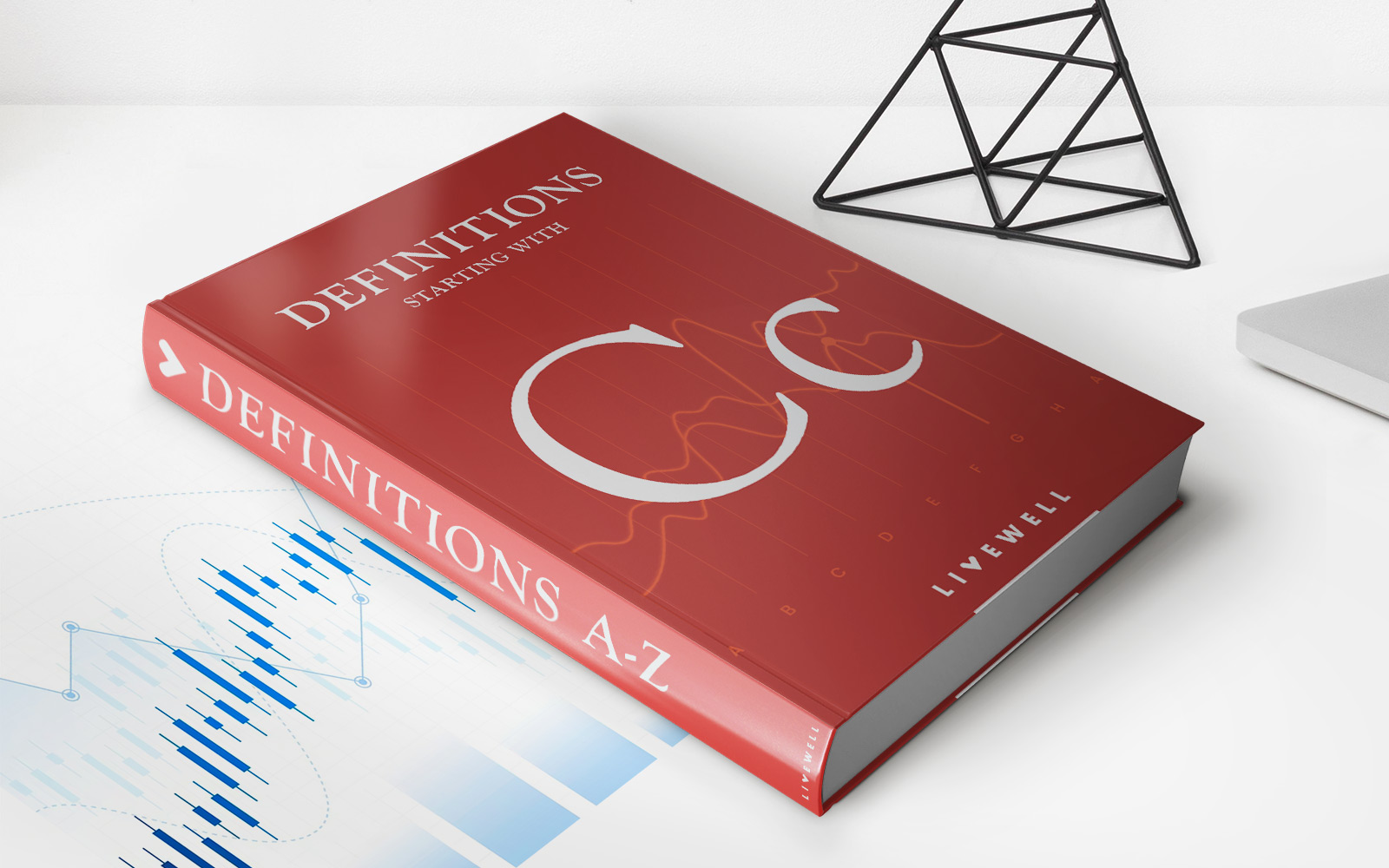Home>Finance>Blocked Account: Definition And Restrictions In Finance And Trade
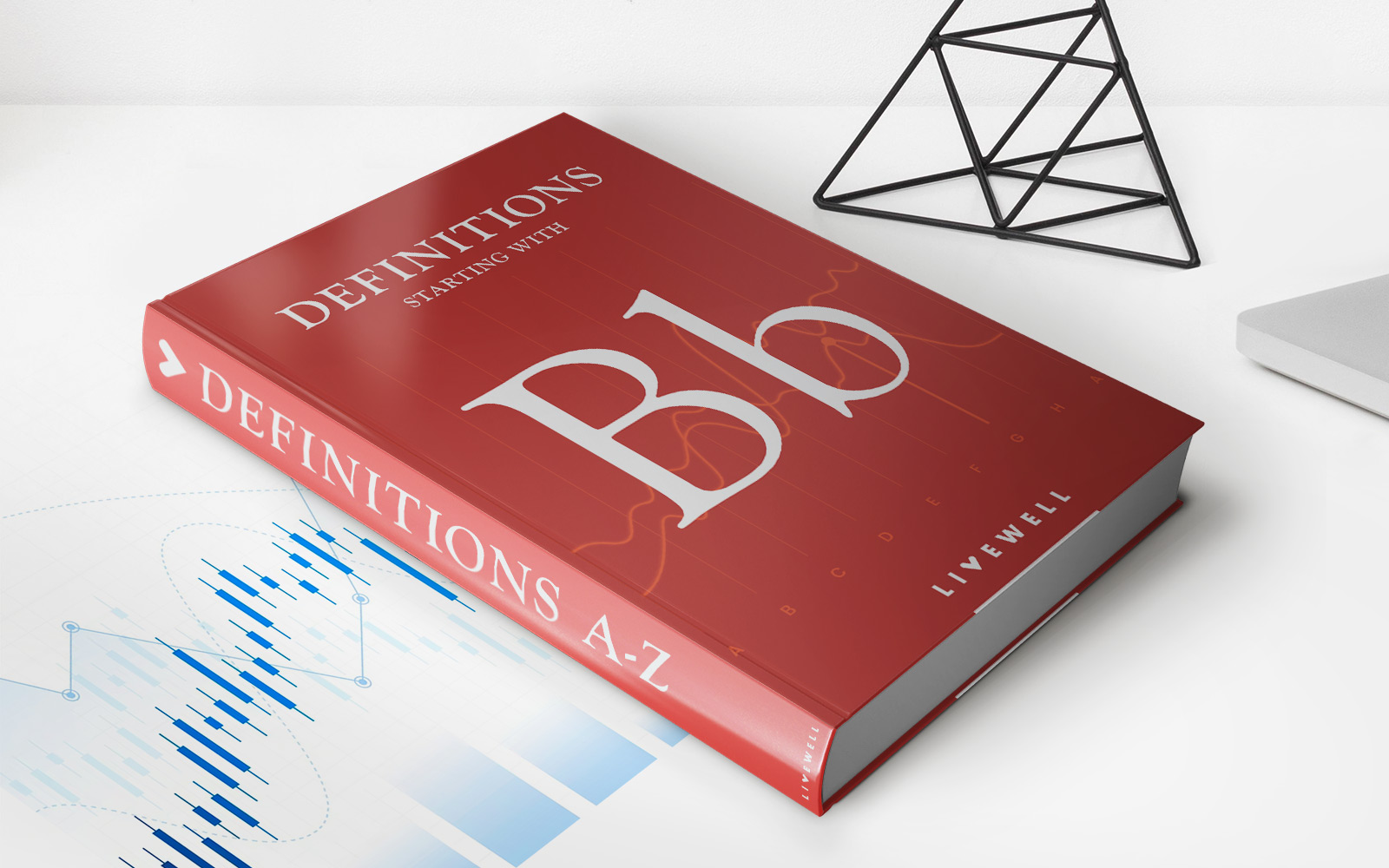

Finance
Blocked Account: Definition And Restrictions In Finance And Trade
Published: October 17, 2023
Learn about the definition and restrictions of a blocked account in finance, and how it impacts trade. Discover key insights on managing finances and navigating the restrictions.
(Many of the links in this article redirect to a specific reviewed product. Your purchase of these products through affiliate links helps to generate commission for LiveWell, at no extra cost. Learn more)
Understanding Blocked Accounts in Finance and Trade
When it comes to managing finances and engaging in international trade, there are various mechanisms and regulations in place to ensure smooth transactions. One such tool is a blocked account, which serves as a safeguard for both parties involved. In this blog post, we will delve into the definition and restrictions surrounding blocked accounts in finance and trade, shedding light on the importance and implications of this financial instrument.
Key Takeaways:
- Blocked accounts provide a secure channel for financial transactions, commonly used in international trade and business.
- These accounts restrict access to funds, ensuring compliance with legal and contractual obligations.
What is a Blocked Account?
A blocked account can be defined as a type of bank account that restricts the withdrawal or transfer of funds without meeting specific conditions. Such accounts are usually established to comply with legal or contractual obligations. The main purpose is to ensure the proper flow of funds and protect the interests of the parties involved in financial transactions.
A blocked account acts as a safety net, guaranteeing that funds are available to cover anticipated expenses or obligations. This mechanism also provides a level of assurance to the opposing party that sufficient funds are set aside for fulfillment of contractual obligations.
Restrictions and Regulations
Blocked accounts are subject to certain restrictions and regulations, which vary depending on the country, financial institution, and the specific circumstances of the account holder. These restrictions typically include:
- Limited access: Withdrawals, transfers, or payments from a blocked account require authorization from the account holder, the beneficiary, or relevant parties involved.
- Duration: The period for which an account remains blocked can range from a few months to several years, depending on the nature of the agreement or obligation.
- Usage limitations: Blocked accounts are often dedicated for specific purposes, such as covering expenses related to a particular project or ensuring compliance with trade regulations.
- Documentary requirements: Financial institutions may require specific documentation, such as contracts, agreements, or legal rulings, to justify the establishment and maintenance of a blocked account.
It’s important to note that the restrictions placed on a blocked account can have significant consequences for businesses and individuals alike. It is crucial to thoroughly understand the terms and conditions associated with such accounts and to comply with all regulatory requirements to avoid legal complications or delays in financial transactions.
Benefits and Applications of Blocked Accounts
Despite the restrictions, blocked accounts offer several benefits for both individuals and businesses operating in the finance and trade sectors. Here are a few advantages and common applications of blocked accounts:
- Security: Blocked accounts provide a secure means of financial transactions, reducing the risks associated with non-payment or insufficient fund situations.
- Trade compliance: By utilizing blocked accounts, businesses can ensure compliance with international trade regulations and obligations, enhancing transparency and trust in the trade process.
- Project-specific funding: Blocked accounts can be used to segregate funds for specific projects or transactions, enabling better financial management and tracking.
- Dispute resolution: In cases of financial disputes, blocked accounts can serve as a resolution mechanism, preventing unauthorized use or withdrawal of funds until the dispute is resolved.
Conclusion
In the world of finance and trade, blocked accounts play a vital role in ensuring secure transactions and compliance with legal and contractual obligations. While they may come with certain restrictions and regulations, the benefits provided by these accounts outweigh the limitations. Understanding how blocked accounts function and their applications is crucial for all individuals and businesses engaged in international trade or contractual financial obligations.
So, the next time you come across the term “blocked account” in finance and trade, you’ll have a clear understanding of what it entails, its restrictions, and the benefits it offers. Remember, it’s not just an account that is restricted, but a financial tool that safeguards the interests and ensures the smooth functioning of financial transactions in a globalized world.




